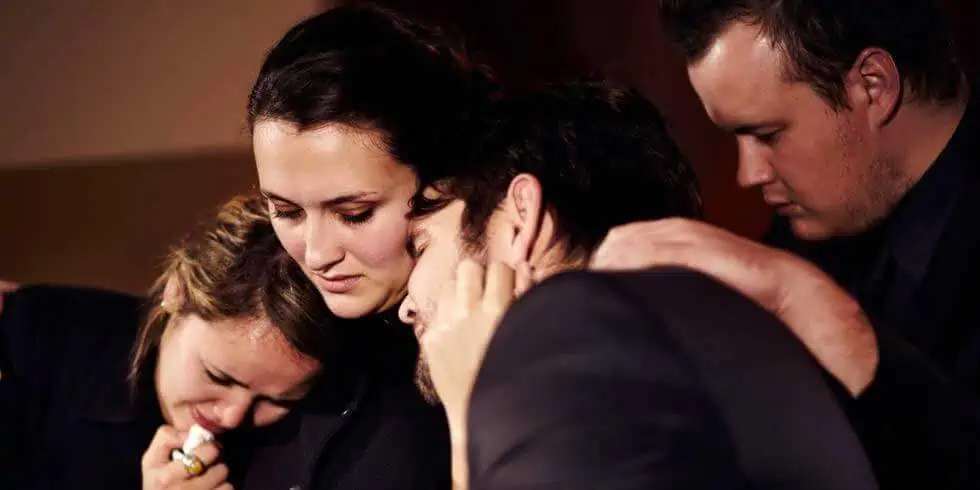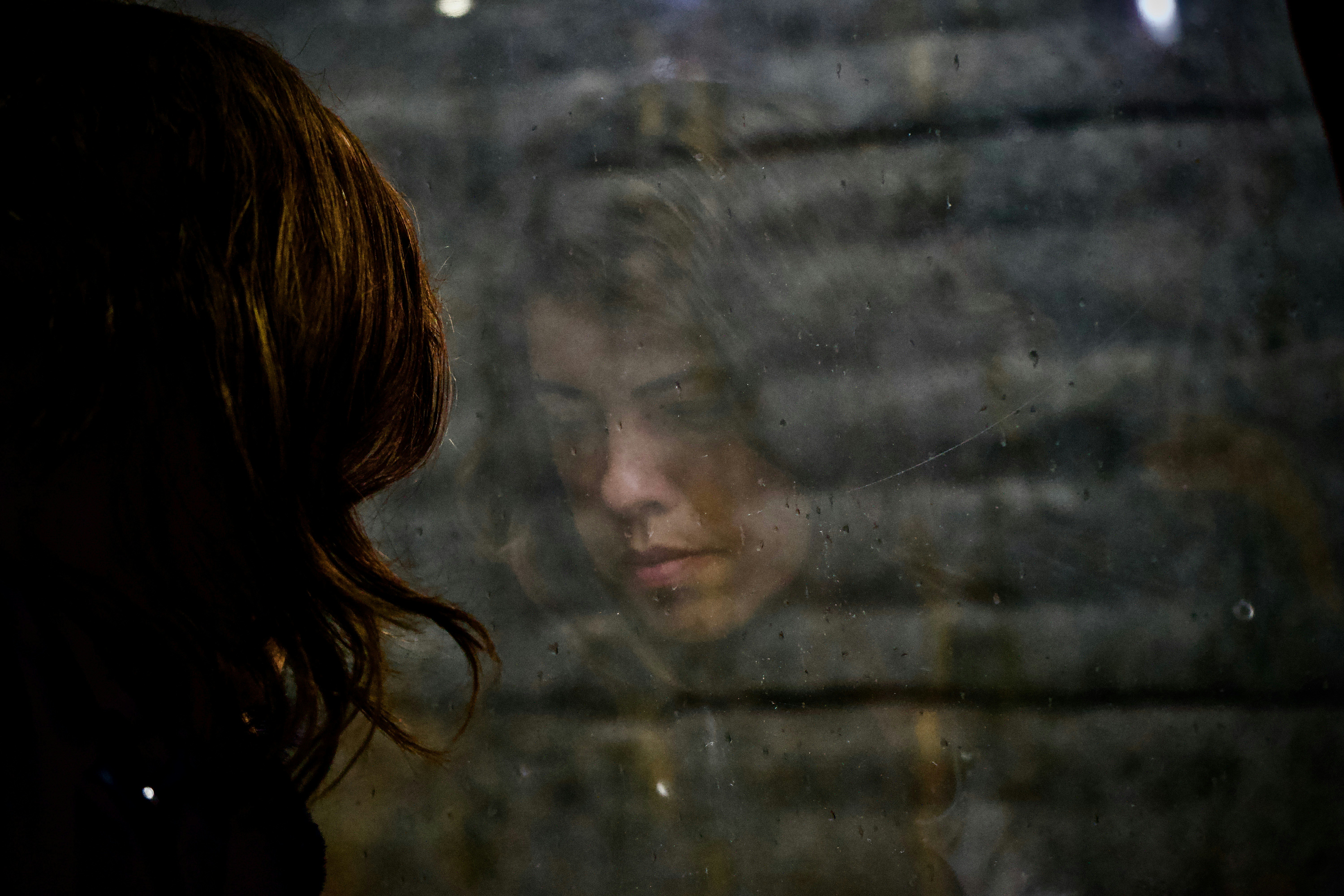Addiction is a disease that affects an individual’s health, personality, and appearance. But this disease does not just affect the individual suffering from the addiction; it also drastically changes family dynamics. When a loved one suffers from substance abuse, family members deal with it in their own way and subconsciously begin to take on different roles. Some might spend their energy covering up the addiction, while others try to overcompensate for it. These roles vary by family, but typically there are five different roles that family members take on when an addiction is present.
The Enabler
Usually this family member is the closest to the person suffering from the addiction. They are often blinded by love and believe that they are helping their loved one. In reality, they are enabling the addiction. This person will make excuses for their loved one’s behavior, covering for them at work or school or even with other family members. The enabler might also pay their loved one’s bills, give them a place to live, and bail them out of trouble. While helping with bills, housing, and work might seem like the right thing to do, it is sending the addicted person the wrong message. It is allowing them to continue their self-destructive behavior without realizing the consequences of their actions.
Sometimes the enabler ignores the addiction completely in order to maintain the image of the perfect family that they have created in their mind. Because enablers often find themselves so focused on the addicted person, they start to neglect their own well-being and eventually begin to resent the addicted person.
The Hero
This family member tries to make up for the addicted person’s behavior. They are aware of the damage that their loved one’s addiction has caused the family and will do everything in their power to fix things. They believe that the overall well-being and reputation of the family falls on their shoulders. When the addicted person is a teen or young adult and the role of the hero is taken by a sibling, the hero will try to become the perfect child – excelling in school, sports, work, and in the community. When a parent suffers from addiction, the child is often forced to grow up fast and take over the role of mother or father – cleaning, providing for the family, and taking care of other siblings.
While helping the family in any way possible sounds like a positive thing, this person is sacrificing their own happiness.
The Scapegoat
This person is often upset about their loved one’s addiction but does not want to see their loved one in trouble. They handle the addiction by acting out and diverting the attention away from the addicted person and onto themselves. The scapegoat adds to the dysfunctionality of the family, and while their misbehaving might be miniscule – such as skipping school, or breaking curfew – the family will focus on the behavior of the scapegoat rather than that of the addicted individual.
While on the surface, the scapegoat might seem like just another problem for the family, the scapegoat is sacrificing themselves to protect the addicted person. In the long run, being the scapegoat can lead to low self-esteem, anger issues, and depression.
The Lost Child
This family member copes with their loved one’s addiction by becoming invisible. The lost child can sense the stress and emotional strain that the addiction is causing on the family and therefore removes themselves from the family in order to not cause any more problems. The lost child occupies their time by daydreaming, watching television, or reading. They keep to themselves, never ask questions, and go unnoticed by other family members.
While they believe they are helping the family, they are hurting themselves. The isolation caused from being the lost child often leads to depression and sometimes even suicide.
The Mascot
This role is often taken by a young child, who becomes the family’s source of entertainment. The mascot tries to distract the family from the addiction, but despite their best efforts, they cannot undo the damage caused by the addiction.
While this seems like a harmless role, the mascot is avoiding their true feelings by making jokes and amusing relatives. In the long run, this can lead to stress, depression, and other mental health problems.
Addiction is difficult to accept, for everyone involved. Covering for the addicted person, trying to overcompensate for their behavior, taking the blame – while these behaviors may come from a place of love, they are actually hurting both your addicted loved one and yourself. Whether you identify with the enabler, the hero, the scapegoat, the lost child, or the mascot, know that the best way to help your loved one is to stop ignoring the problem and to help them find the right treatment. Recovery is possible for the individual and for the family. With the right support system, it is possible for families to come together again.
If you or a loved one is struggling with addiction, Mountainside can help.
Click here or call (888) 833-4676 to speak with one of our addiction treatment experts.

 By
By 







